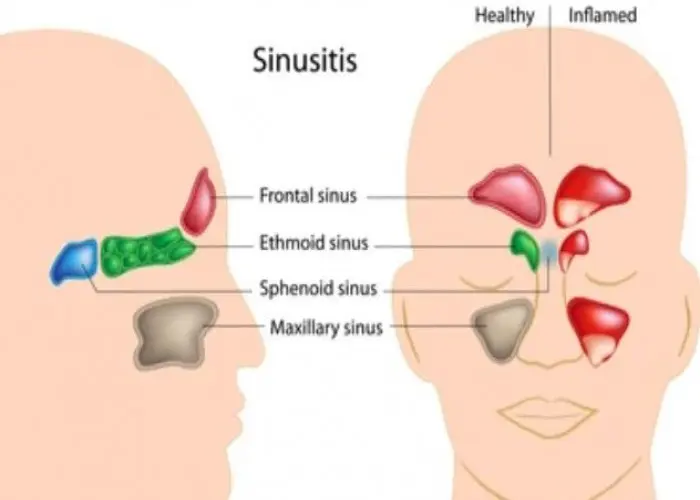 Welcome
Welcome
“May all be happy, may all be healed, may all be at peace and may no one ever suffer."
Depersonalization-derealization disorder

Depersonalization-derealization disorder (DDD) is a dissociative disorder that is characterized by persistent or recurrent experiences of feeling detached from one's own thoughts, feelings, or physical sensations (depersonalization), and feeling that one's surroundings are unreal, dreamlike, or distorted (derealization).
People with DDD may describe feeling like they are in a dream or like they are watching themselves from a distance. They may feel disconnected from their own emotions or bodily sensations and may have difficulty with memory or concentration. DDD can be a distressing and disruptive experience that can interfere with a person's ability to carry out their daily activities and maintain relationships.
The causes of DDD are not fully understood, but it may be related to a history of trauma or stress, or maybe a symptom of another underlying mental health condition such as anxiety or depression. Treatment for DDD typically involves therapy, such as cognitive-behavioral therapy or psychodynamic therapy, that focuses on helping the person identify and understand their triggers and learn coping strategies to manage the symptoms. In some cases, medication may also be prescribed to manage symptoms such as anxiety or depression.
If you are experiencing symptoms of DDD, it is important to seek help from a mental health professional. They can help you develop a treatment plan that is tailored to your individual needs and experiences.
Research Papers
Disease Signs and Symptoms
- Numbness
- Memory loss
- A sense that your memories lack emotion, and that they may or may not be your own memories
- Feeling emotionally disconnected from people you care about as if you were separated by a glass wall
- Surroundings that appear distorted, blurry, colorless, two-dimensional or artificial, or a heightened awareness and clarity of surroundings
- Distortions in the perception of time, such as recent events feeling like distant past
- Feelings of sadness, tearfulness, emptiness or hopelessness
Disease Causes
Disease Prevents
Disease Treatments
Disease Diagnoses
Disease Allopathic Generics
Disease Ayurvedic Generics
Disease Homeopathic Generics
Disease yoga
Depersonalization-derealization disorder and Learn More about Diseases

Marfan syndrome

Pectus excavatum

Phenylketonuria (PKU)

Tuberous sclerosis

Albinism

Sleepwalking

Arthritis

Chronic sinusitis
Depersonalization derealization disorder, Depersonalisation disorder, ডিপাসোনালাইজেশন ডিরিয়েলাজাশন ডসঅর্ডার
To be happy, beautiful, healthy, wealthy, hale and long-lived stay with DM3S.
